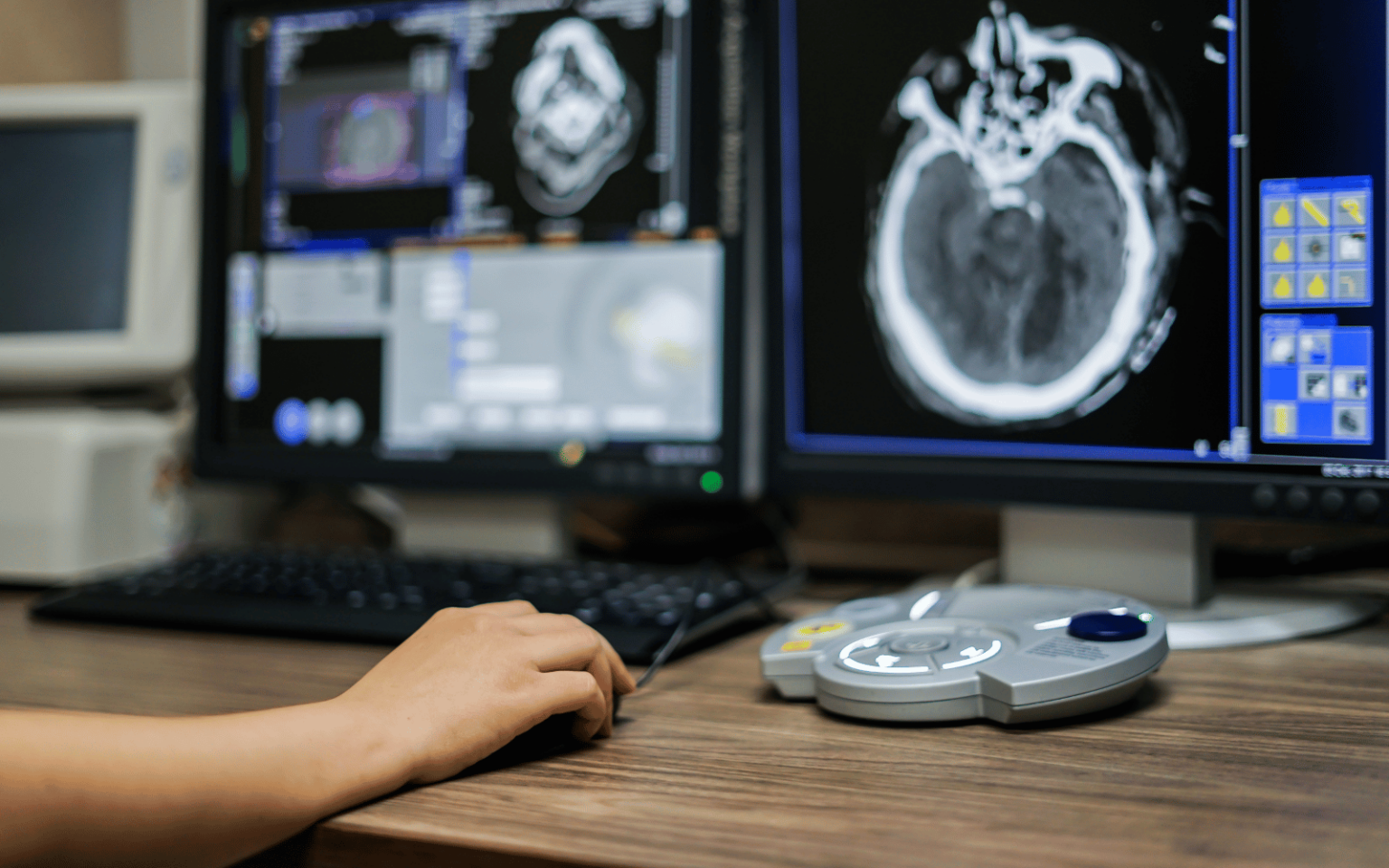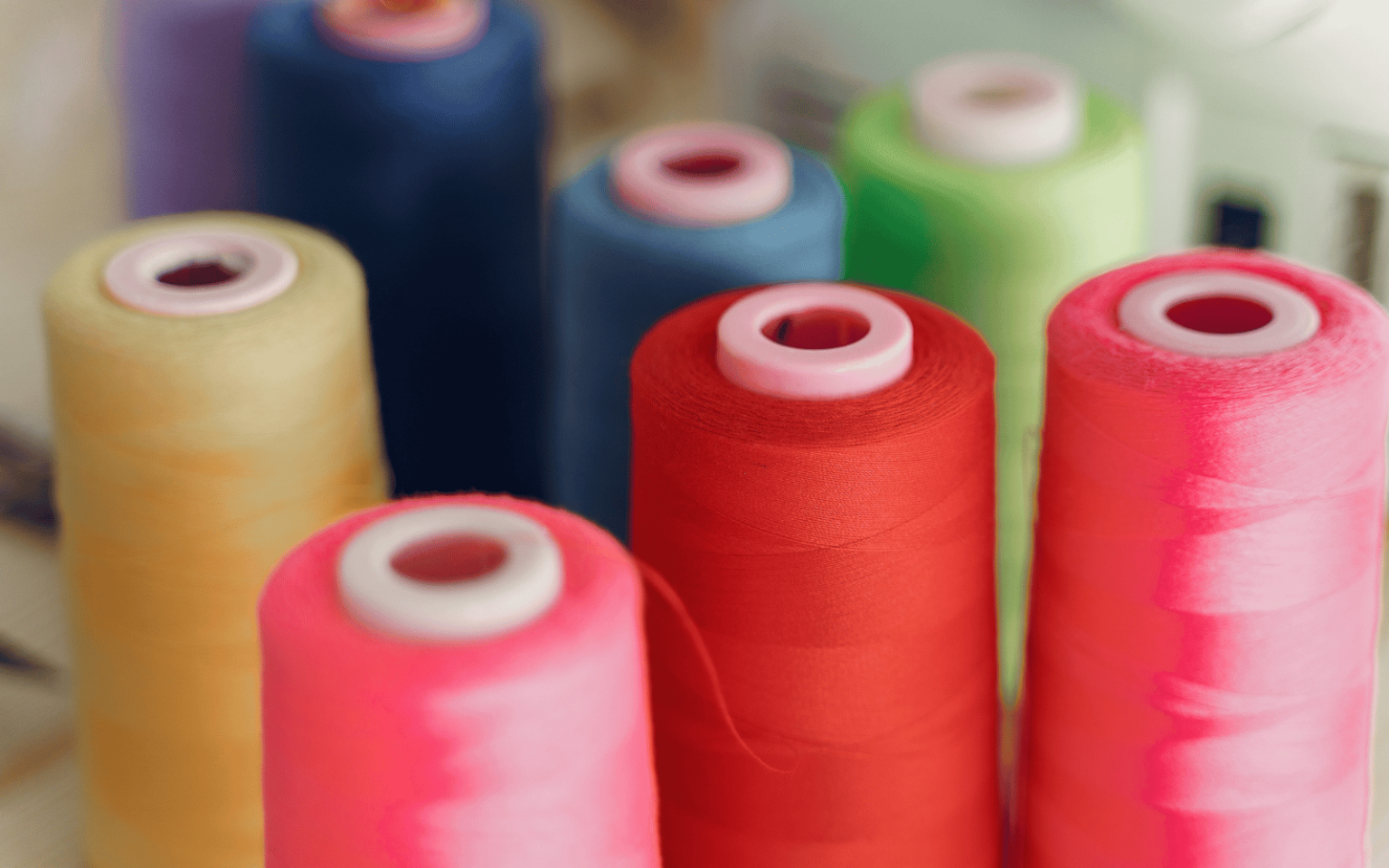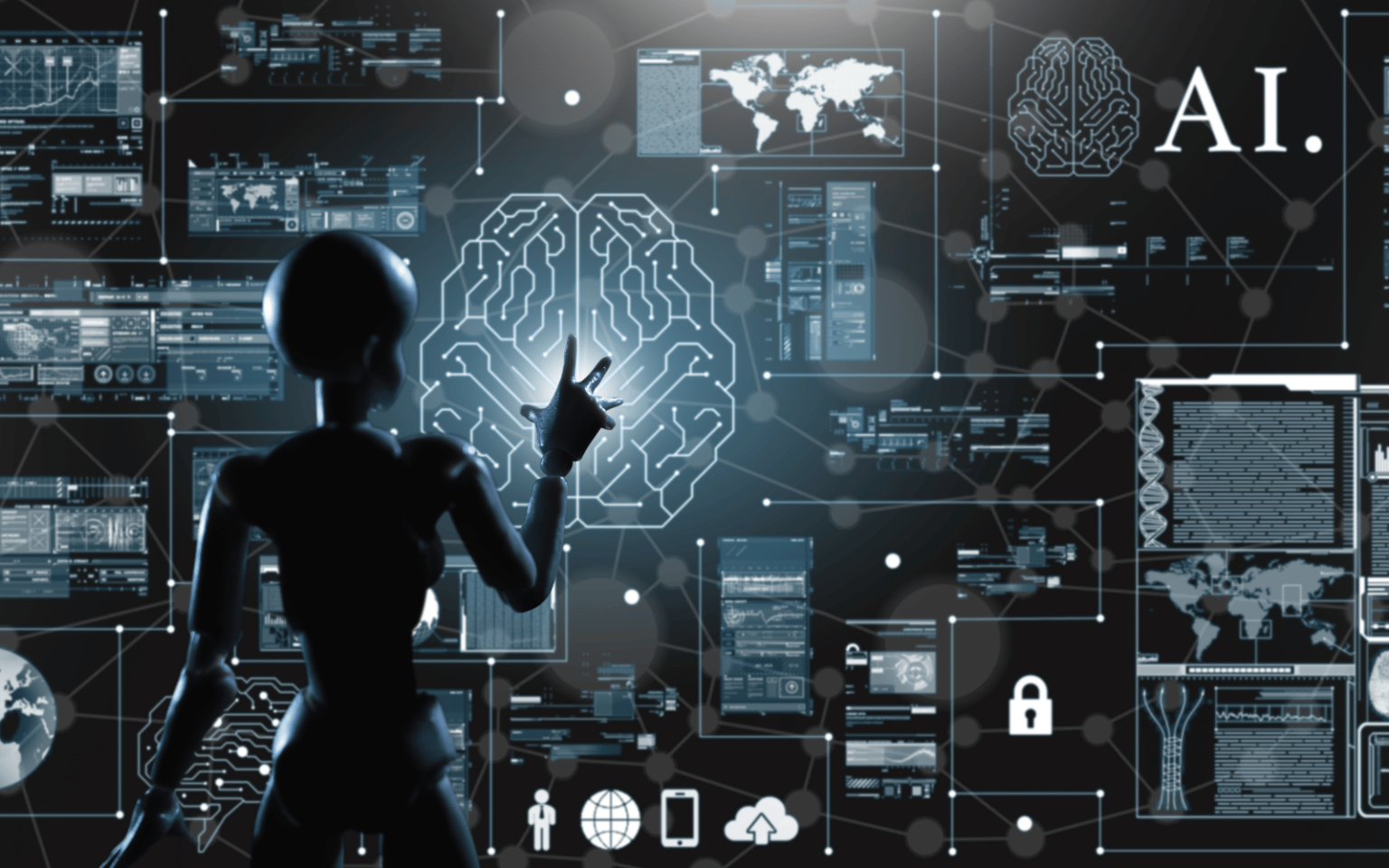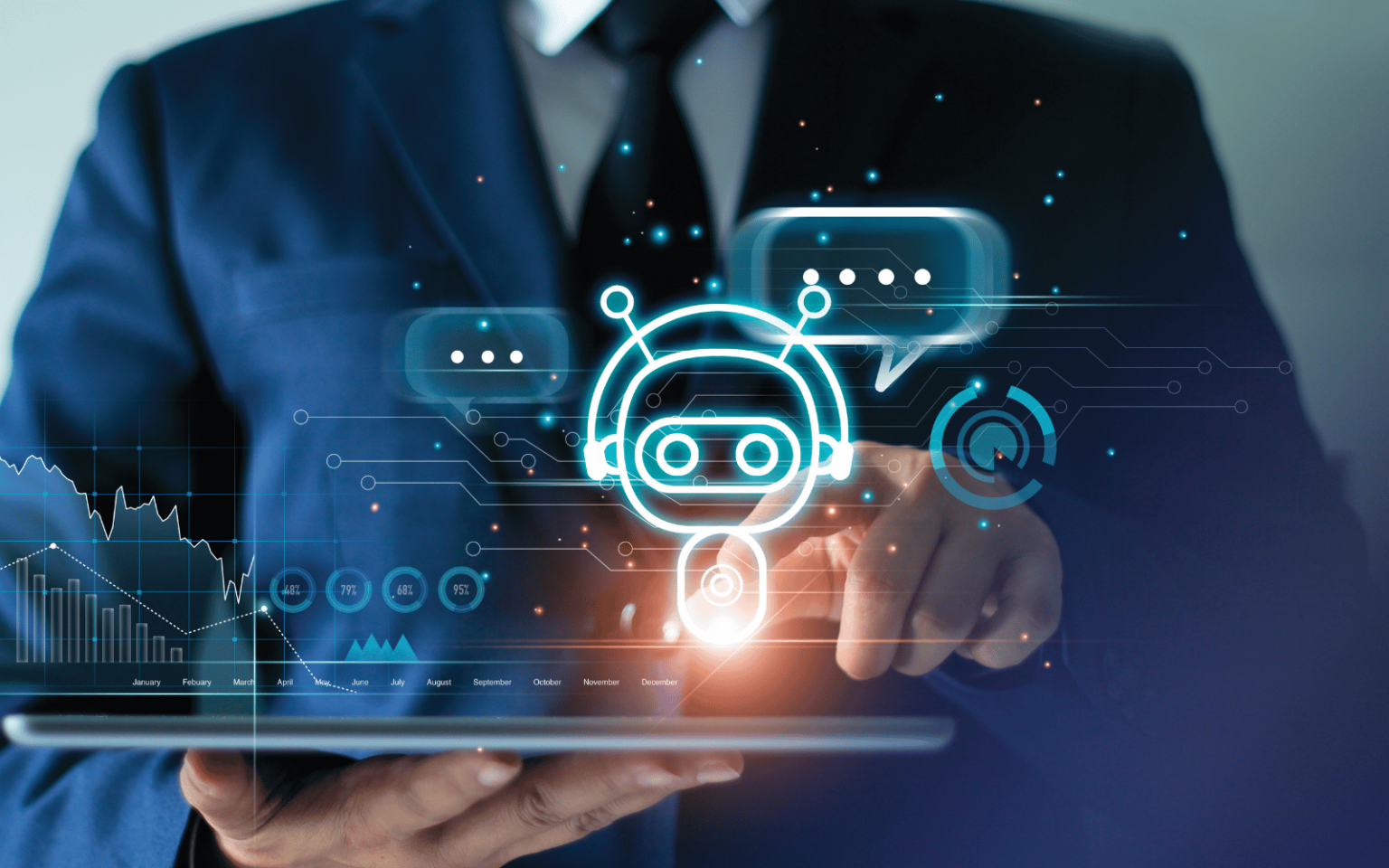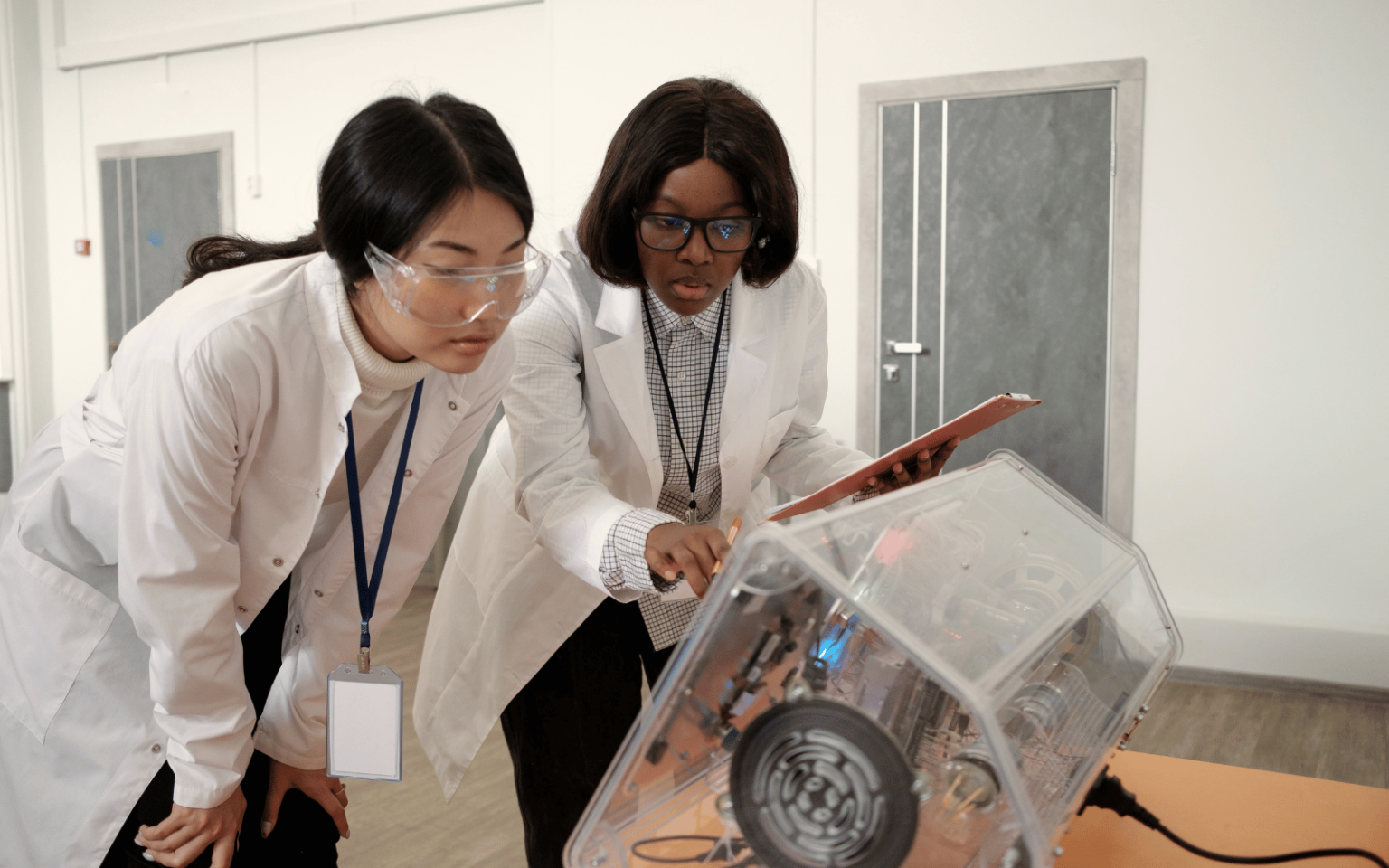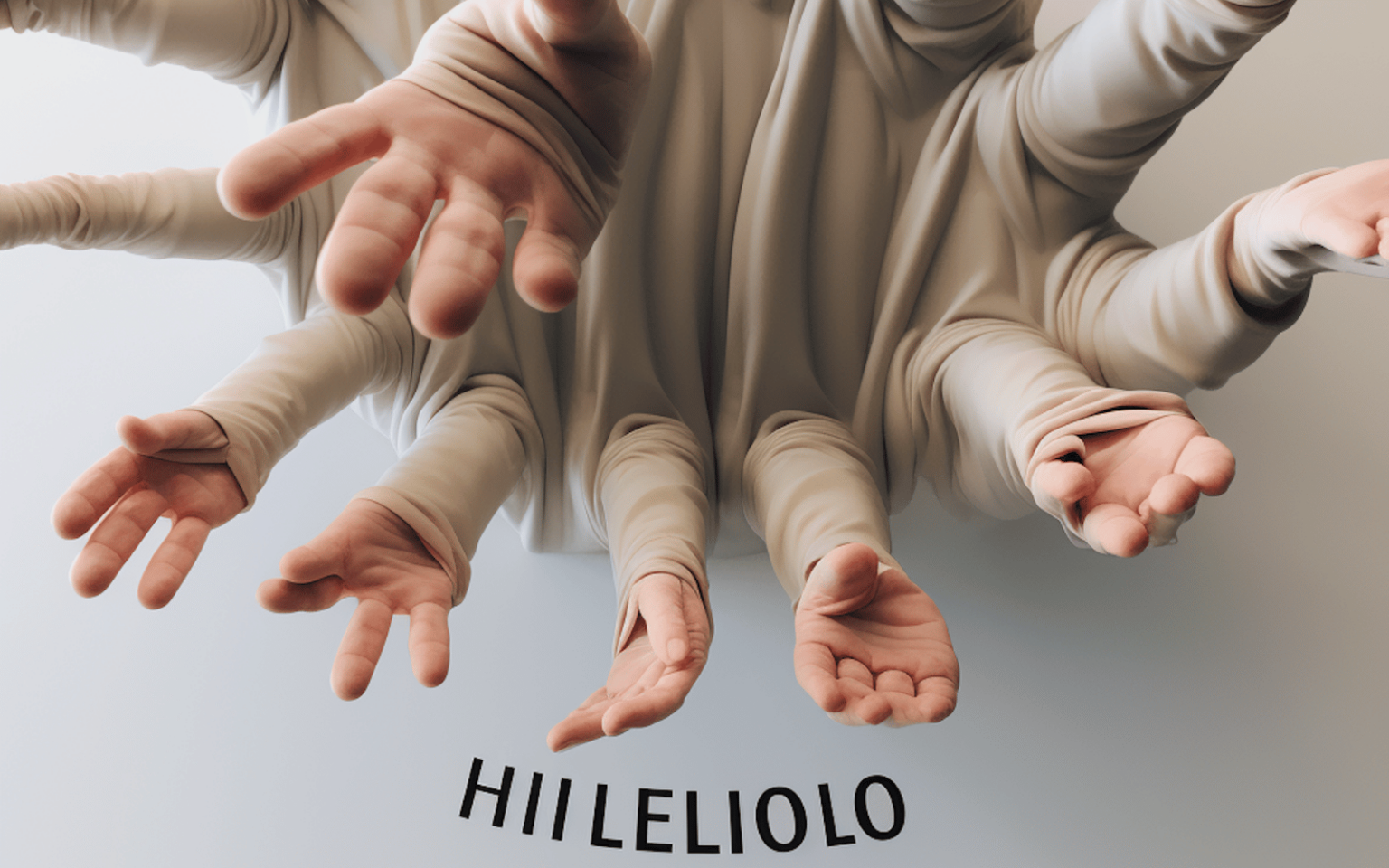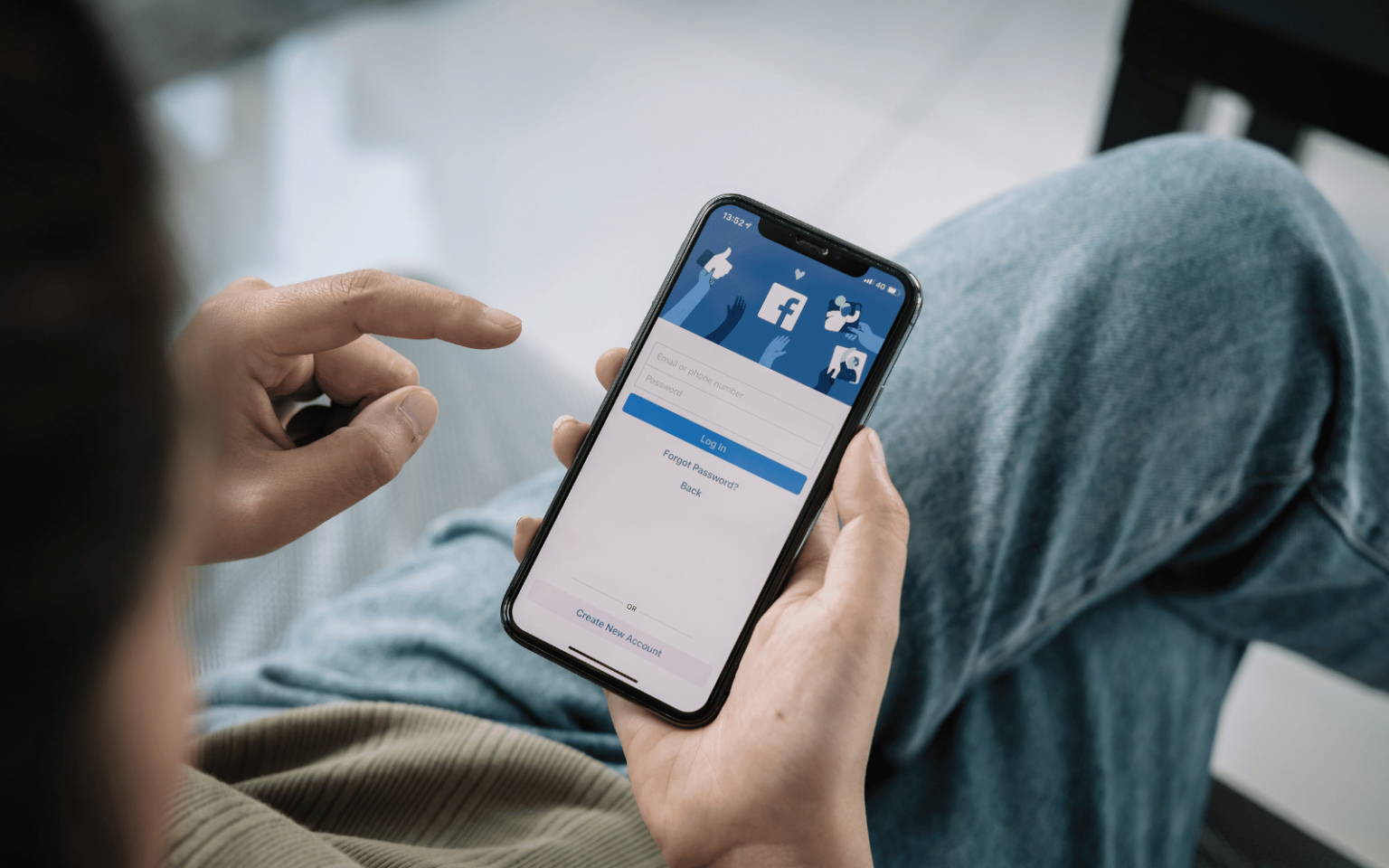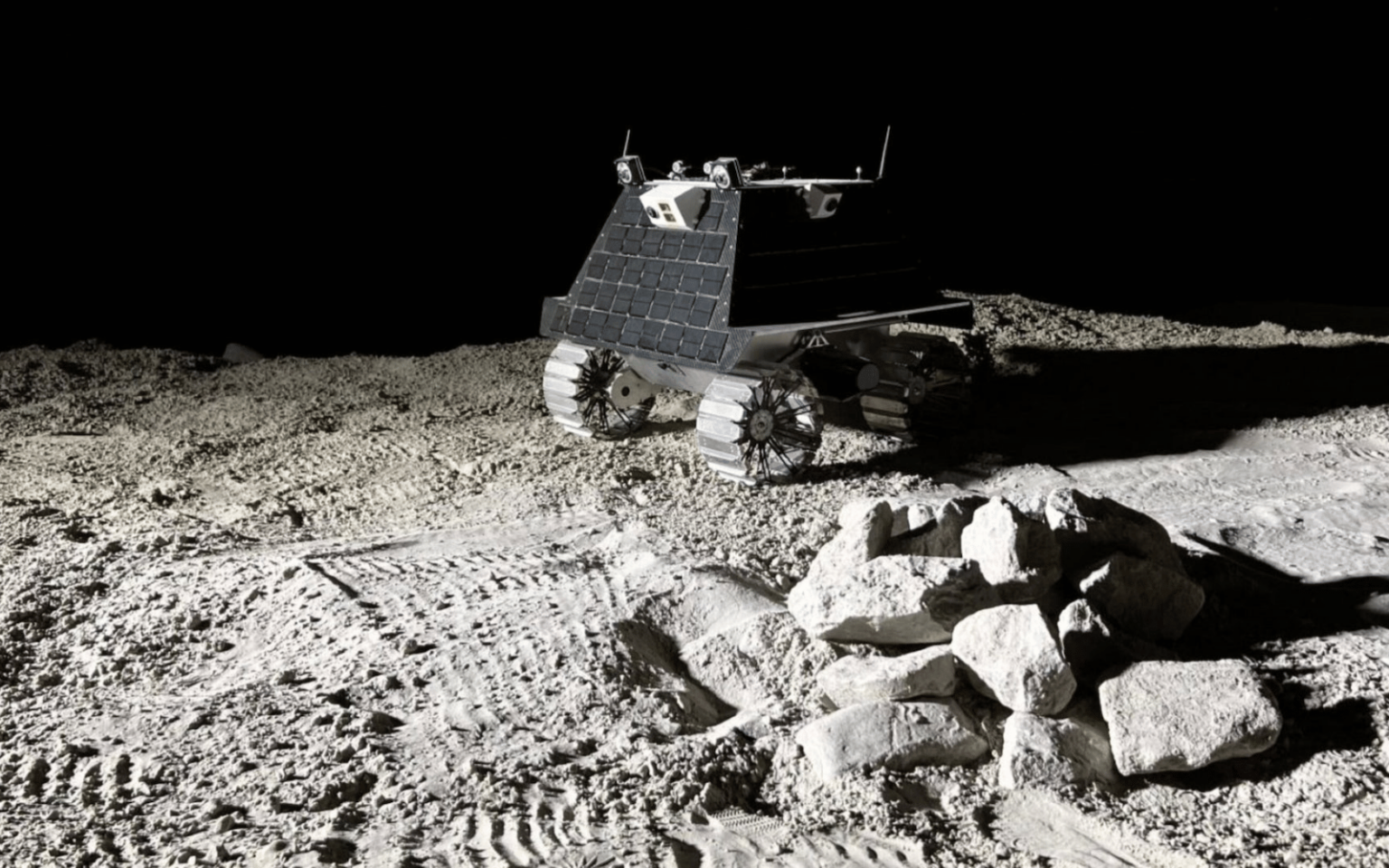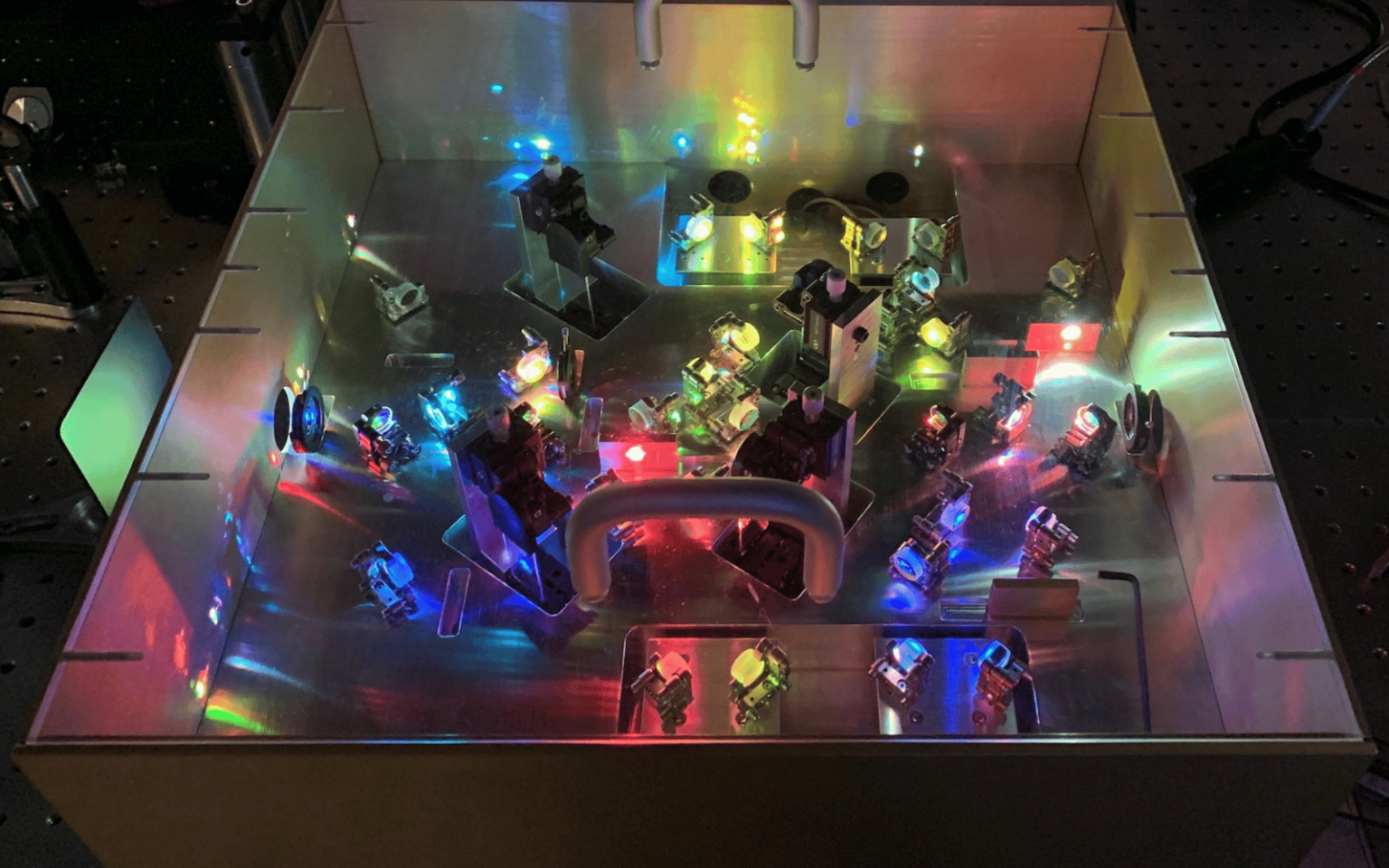The idea that our mind could live on in another form after our physical body dies has been a recurring theme in science fiction since the 1950s. Recent television series such as Black Mirror and Upload, as well as some games, demonstrate our continued fascination with this idea. The concept is known as mind uploading. Recent developments in science and technology are taking us closer to a time when mind uploading could graduate from science fiction to reality. In 2016, BBC Horizon screened a programme called The Immortalist, in which a Russian millionaire unveiled his plans to work with neuroscientists, robot builders…
Author: The Conversation
The launch of social media app Threads as a competitor to Twitter is a game-changer. Meta, which also owns Facebook and Instagram, launched the new platform yesterday, ahead of schedule. Threads was welcomed almost immediately – especially by hordes of Twitter users that have watched in dismay as their beloved platform crumbles in the hands of Elon Musk. In less than 24 hours, Threads attracted some 30 million users. And with Meta already having more than two billion Instagram users who can directly link their accounts to it, Threads’ user base will grow fast. With its simple black and white feed, and features that…
The rise of ChatGPT and similar artificial intelligence systems has been accompanied by a sharp increase in anxiety about AI. For the past few months, executives and AI safety researchers have been offering predictions, dubbed “P(doom),” about the probability that AI will bring about a large-scale catastrophe. Worries peaked in May 2023 when the nonprofit research and advocacy organization Center for AI Safety released a one-sentence statement: “Mitigating the risk of extinction from A.I. should be a global priority alongside other societal-scale risks, such as pandemics and nuclear war.” The statement was signed by many key players in the field, including the…
In the evolving relationship between technology and society, humans have shown themselves to be incredibly adaptable. What once left us breathless, soon becomes integrated into our everyday lives. The astonishing functionalities of large language models (LLM) like ChatGPT were, just a few months ago, the epitome of cutting-edge AI. They are now on course to be mere add-ons and plugins to our text editors and search engines. We’ll soon find ourselves relying on their capabilities, and seamlessly incorporating them into our routines. Yet, this rapid acclimatisation leaves us with a lingering question: what’s next? As our expectations shift, we are left wondering…
With the emergence of advanced AI systems, the way social science research is conducted could change. Social sciences have historically relied on traditional research methods to gain a better understanding of individuals, groups, cultures and their dynamics. Large language models are becoming increasingly capable of imitating human-like responses. As my colleagues and I describe in a recent Science article, this opens up opportunities to test theories on a larger scale and with much greater speed. But our article also raises questions about how AI can be harnessed for social science research while also ensuring transparency and replicability. Using AI in research…
Generative AI tools such as Midjourney, Stable Diffusion and DALL-E 2 have astounded us with their ability to produce remarkable images in a matter of seconds. Despite their achievements, however, there remains a puzzling disparity between what AI image generators can produce and what we can. For instance, these tools often won’t deliver satisfactory results for seemingly simple tasks such as counting objects and producing accurate text. If generative AI has reached such unprecedented heights in creative expression, why does it struggle with tasks even a primary school student could complete? Exploring the underlying reasons helps sheds light on the complex…
How much misinformation is on Facebook? Several studies have found that the amount of misinformation on Facebook is low or that the problem has declined over time. This previous work, though, missed most of the story. We are a communications researcher, a media and public affairs researcher and a founder of a digital intelligence company. We conducted a study that shows that massive amounts of misinformation have been overlooked by other studies. The biggest source of misinformation on Facebook is not links to fake news sites but something more basic: images. And a large portion of posted pictures are misleading. For instance, on the eve of the 2020 election, nearly one…
Rapid progress in artificial intelligence (AI) has spurred some leading voices in the field to call for a research pause, raise the possibility of AI-driven human extinction, and even ask for government regulation. At the heart of their concern is the idea AI might become so powerful we lose control of it. But have we missed a more fundamental problem? Ultimately, AI systems should help humans make better, more accurate decisions. Yet even the most impressive and flexible of today’s AI tools – such as the large language models behind the likes of ChatGPT – can have the opposite effect. Why? They have…
If you’ve ever wished you had a faster phone, computer or internet connection, you’ve encountered the personal experience of hitting a limit of technology. But there might be help on the way. Over the past several decades, scientists and engineers like me have worked to develop faster transistors, the electronic components underlying modern electronic and digital communications technologies. These efforts have been based on a category of materials called semiconductors that have special electrical properties. Silicon is perhaps the best known example of this type of material. But about a decade ago, scientific efforts hit the speed limit of semiconductor-based transistors. Researchers simply can’t…
A Toyota Corolla with a 1.8L engine requires 6.2 litres of gas to drive for 100 kilometres on a highway. But on city roads, it would require 7.9 litres of gas. A 2022 Ford F-150 requires 9.4 and 12.1 litres per 100 km for highway and city driving, respectively. Traditional fuel-powered automobiles, powered by the internal combustion engines, give higher mileage on a highway compared to city roads. Various factors can affect the driving efficiency of a vehicle. First, the internal combustion engines are designed in a way that their efficiency peaks closer to highway speeds. Second, unlike highway driving, city driving…

